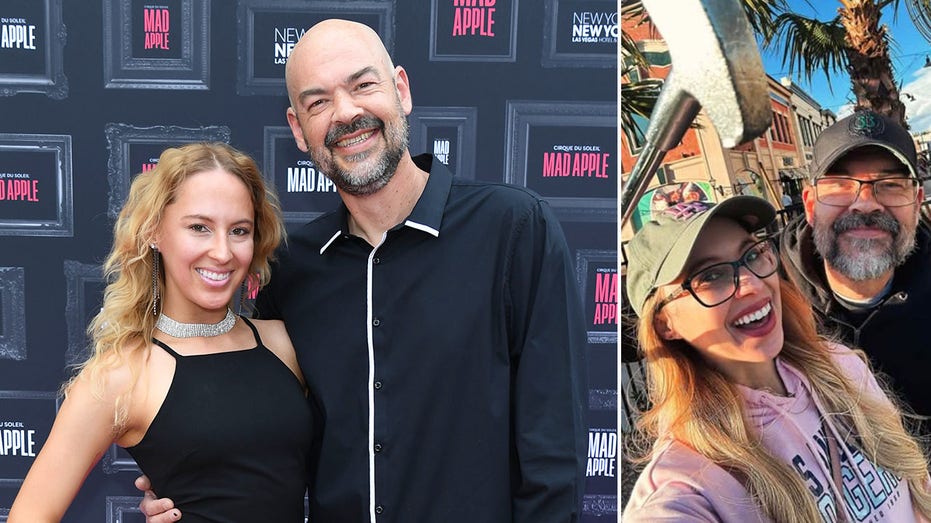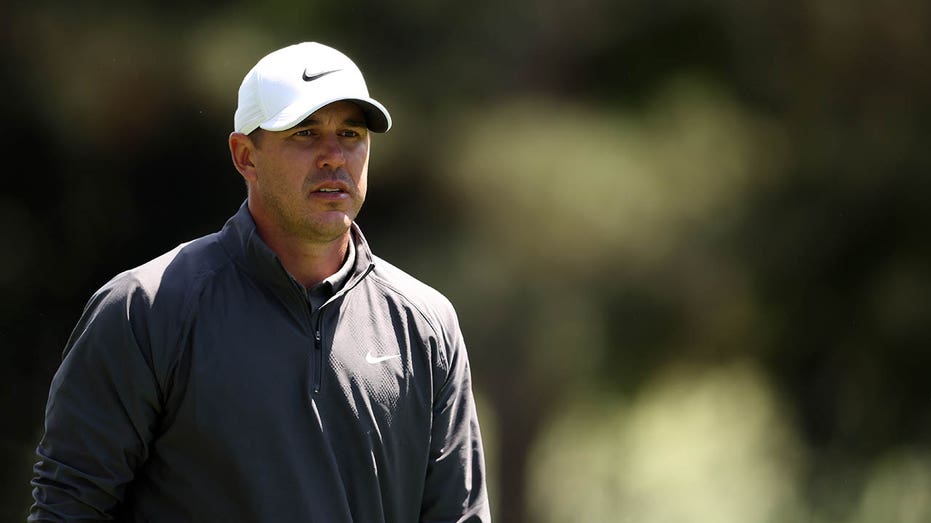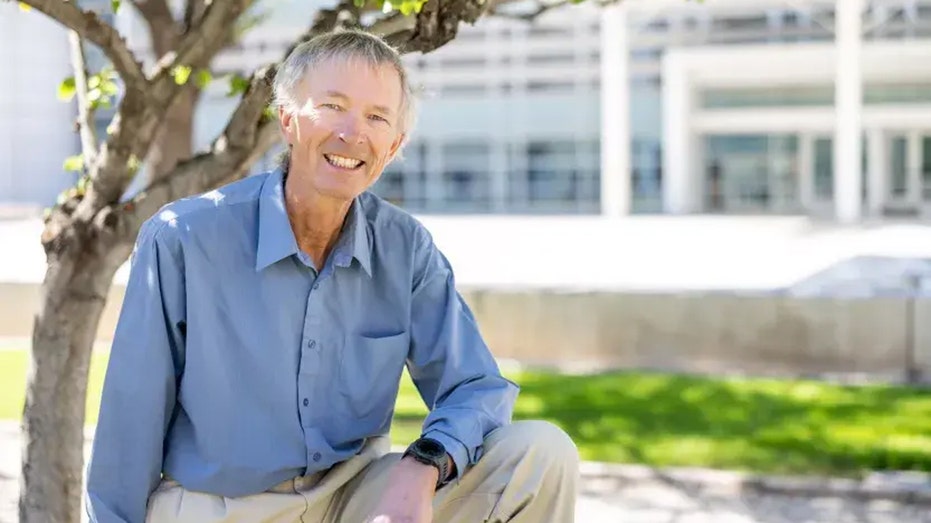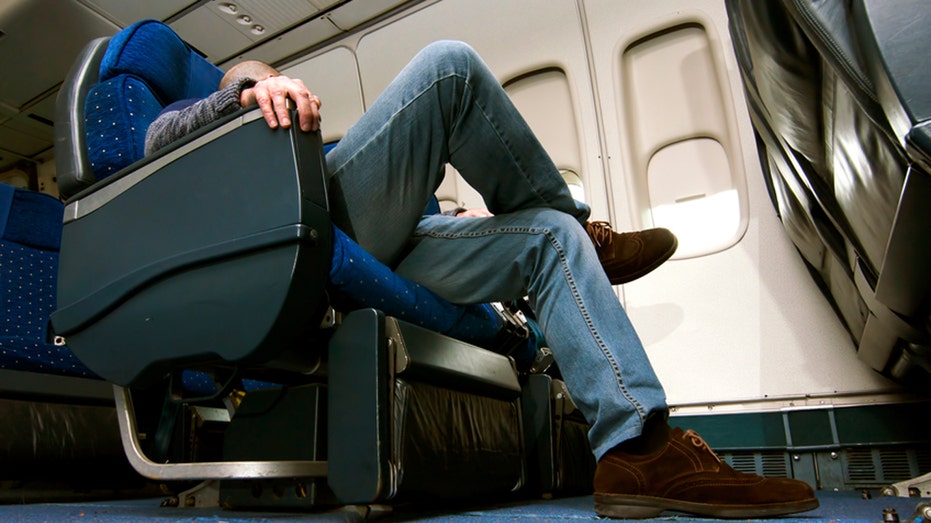- by foxnews
- 13 Mar 2025
Australia’s history of massacres should be no surprise, but many have to be dragged to the truth | Lorena Allam
Australia’s history of massacres should be no surprise, but many have to be dragged to the truth | Lorena Allam
- by theguardian
- 17 Mar 2022
- in news
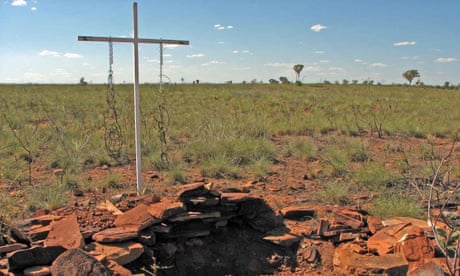
There are atrocities documented on the Killing Times map that are literally unspeakable. I tried telling a friend about what took place at Malakoff Creek in the Northern Territory and found I could not say the words out loud. The incident was monstrous. It sits heavy in my heart and remains lodged there, probably permanently. I read all 415 entries on this map over the past three years, and it was the worst.
One of the researchers on this project, who has spent almost eight years of their life immersed in this history, says the cumulative effect of living with this knowledge for so long makes words useless.
I say this not from any ghoulish interest in the depravity of the frontier but because it is part of the problem. How do we find the words to talk about this?
It's not as though the frontier history should come as a surprise. On the map are at least 47 sites that had names directly related to what happened there - Skull Hole, Massacre Falls, Butchers Creek. Everyone knew this story, even if they preferred to deny it.
Many Aboriginal children grew up knowing what happened because our elders told us. We got the Captain Cook myth at school, and the truth at home. Out in the world we saw the amnesia that grew from the denials that have stunted our history and ignored our pain reach its annual peak on 26 January. To hear Australians say, even now, they had no idea this happened is in equal parts shocking and exhausting. It is a measure of how far they will have to be dragged towards the truth.
So, in blunt terms, this map and this project is history for white people.
Aboriginal people already know what happened and, in many cases, are tired of talking about it. Because sharing their pain does not guarantee the most important thing: justice. I'm not talking about the truth-seeking of a national commission, or annual performative acts of apology, but a whole range of meaningful processes self-determined by Aboriginal people that result in the return of power, authority, resources and decision-making to First Nations.
Things like - but not limited to - reparations, a voice to parliament, constitutional reform, legislative changes, language revival, protection of sacred sites, an end to over-policing and over-incarceration, family safety and child restoration, land back. Justice.
In the 1990s I was part of the small team that conducted the Bringing Them Home inquiry. Day after day we heard the stories of children, now adults, who were ripped away from their families. Our hearts broke. As a national truth-telling project, Bringing Them home has undoubtedly changed the way Australians understand the history of forced removals during the so-called Protection era, the sustained efforts to assimilate and breed us out.
But today our children are removed from our families at greater rates than ever before.
The royal commission into Aboriginal deaths in custody was a truth-telling project, too. Yet at least 500 Aboriginal people have died in police and prison custody since its recommendations were handed down more than 30 years ago. Aboriginal people know all too well that justice hasn't followed truth.
This map and the horrors it contains are just part of a fuller picture of the nation. It is, in the words of lead researcher Prof Lyndall Ryan, just the start. It is an eight-year effort to collect some details about our past, details the researchers could verify according to an agreed methodology. It is now a snapshot, a guide for future researchers to follow and critique, to build on or break down. Ryan says it is the start of "breaking the code of silence" held by white people, among white people, about the way Australia was made.
In with the horrors are stories of defiance and resistance, bravery, kindness and compassion, that need to be told and celebrated. Our descendants deserve to know the full history of their nation. We have to look at it all, and find the words to talk about it all, and the outcome must be justice.
Truth and justice processes look different in different places. They are starting to take shape around the country in different ways. Some are further along the line than others in developing justice processes that enable truth telling. In Victoria, the Yoo-rrook commission is due to report in June. There are treaty processes under way in the Northern Territory and Queensland to set the terms of engagement, to explore ways to enshrine and protect First Nations' rights to land, culture, language and family.
Aboriginal communities and nations must be given the time and resources they need to build the governance structures they want to represent them, to decide how and when they are ready and willing to participate. Even then, they deserve a space for their stories to continue to be heard.
At every stage, the decisions must be made by First Nations people, so that when truth-telling occurs in its many forms, and Australia has to listen to the unspeakable, justice may be served.
As the Yoo-rrook Justice Commission puts it, things cannot remain the same.
In Australia, the crisis support service Lifeline is on 13 11 14. In the UK Samaritans can be contacted on 116 123. In the US, the National Suicide Prevention Lifeline is 1-800-273-8255. Other international suicide helplines can be found at befrienders.org
- by foxnews
- descember 09, 2016
Flight passenger shares 'infuriating' moment when man intrudes on her leg space: 'Please don't do this'
A traveler says a fellow passenger intruded on her space on an airplane. Social media users reacted to the post, with some referring to it as a "manspreading" moment.
read more